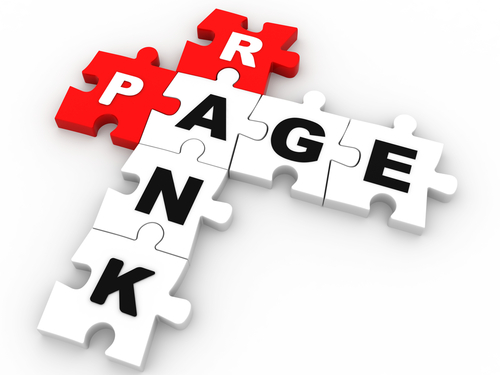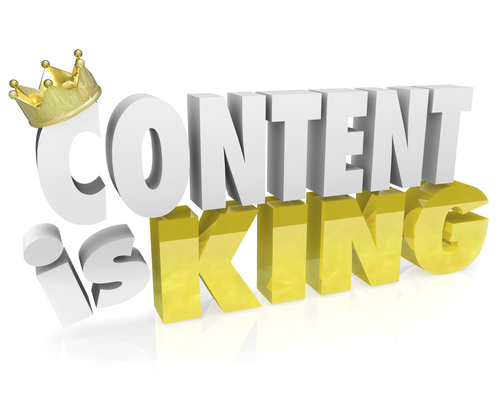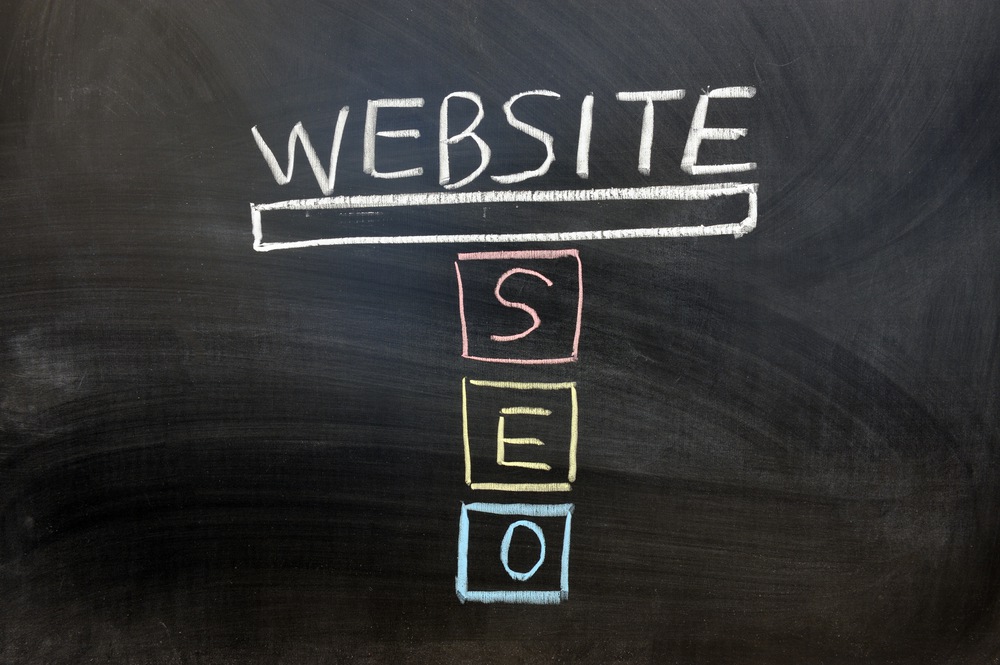There is no clear-cut answer to this question. In a recent video, even Matt Cutts seemed quite vague. He reiterated, more times than necessary, that having a large website or a lot of web pages does not directly affect the PageRank. However, he also said that having more web pages allows web designers and content marketers to use greater SEO techniques and rank for more keywords than they would with smaller websites.
This means that having a large number of pages on your website won’t do anything for your PageRank if each page is not optimized properly for search engines. So, if you are just focused on creating many web pages on your website, without properly optimizing the content and pages for search engines, you will reap no benefits. As Google has emphasized time and again, content matters most. A smaller site with high quality, original content could easily have a higher PageRank than a large website with irrelevant content.
At the end of the day, if you don’t believe more web pages will affect your ranking in any way, you are not wrong. Matt Cutts agrees with you. You can work on improving your search engine ranking with good keyword densities, high quality content, and proper web design for easy crawling and indexing.
How a large website could indirectly affect PageRank

Image credit: sheelamohanachandran2010 / Shutterstock.com
If you have a large website, with a lot of web pages, then use it to your advantage. There are a number of ways to use the many web pages of your website to indirectly affect the page rank of your web pages.
More web pages mean that you can have a lot more content on your website, allowing you to use more keywords and also use them more effectively. Large websites with many pages and a large volume of quality content are also more likely to have a larger number of inbound and internal links, which is always good for PageRank.
So does this mean that you should create more web pages for your existing website? Not really. Instead of wasting time and effort making your website larger, more complex and much harder to manage and maintain, it is best to stick to improving the content on existing web pages. Moreover, more pages equals a more complex navigation and a better chance of content becoming outdated and redundant. A smaller website with high quality, unique, and interesting content will gather much more attention than a larger website with redundant and trite content.
Google wants you to know – Content is king

Image credit: iQoncept / Shutterstock.com
There are many companies shunning multi-page websites and creating stunning and successful one page websites. The trend is to be small, easy to navigate, minimal, hip and purposeful. These website require no drop down menus to navigate to different pages. All you have to do it keep scrolling with options for users to skip to different sections of the web page. With excellent and intriguing content, such websites are able to rank well. The crawlability of such websites is not hampered and there is space for a large amount of content. Take for example the website of the movie “The Life of Pi”. This one page website has stunning visual content that made it so popular. Skoda also created a popular one page website for its Octavia cars.
Remember, never repeat content in one page websites. This is a complete no-no. There is no need for a lot of textual content on one page-websites. Simple text and stunning images make small websites very interesting. But there must be relevant keywords in the text and all the meta and alt tags on the page. It goes without saying that you must ensure that the page is crawlable and easy to index by removing all design flaws.
For some pointers please see the following infographic courtesy of iboxseo on creating web pages that Google will love.

infographic credit: iboxseo.org
Featured image credit: Raywoo / Shutterstock.com




